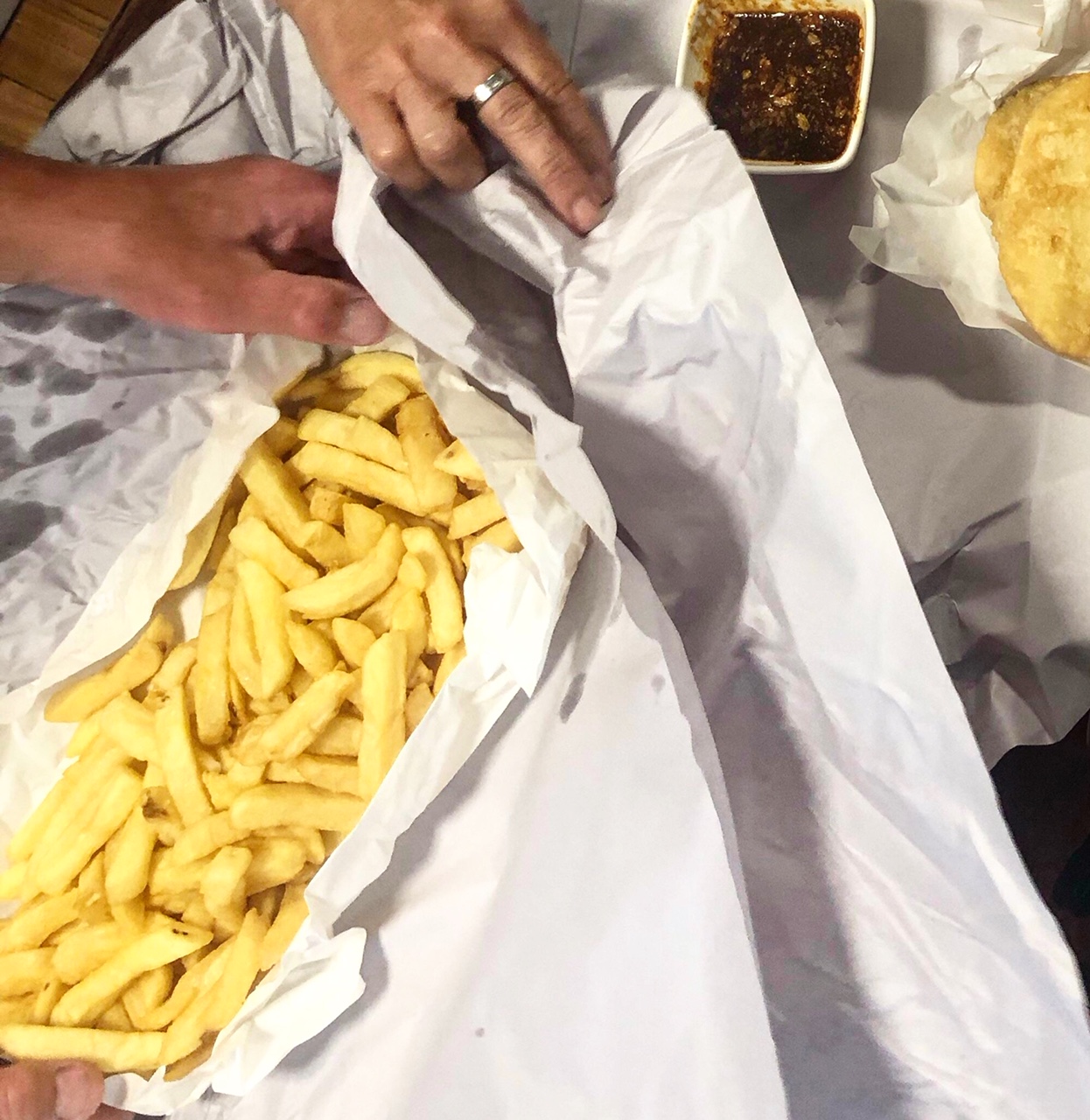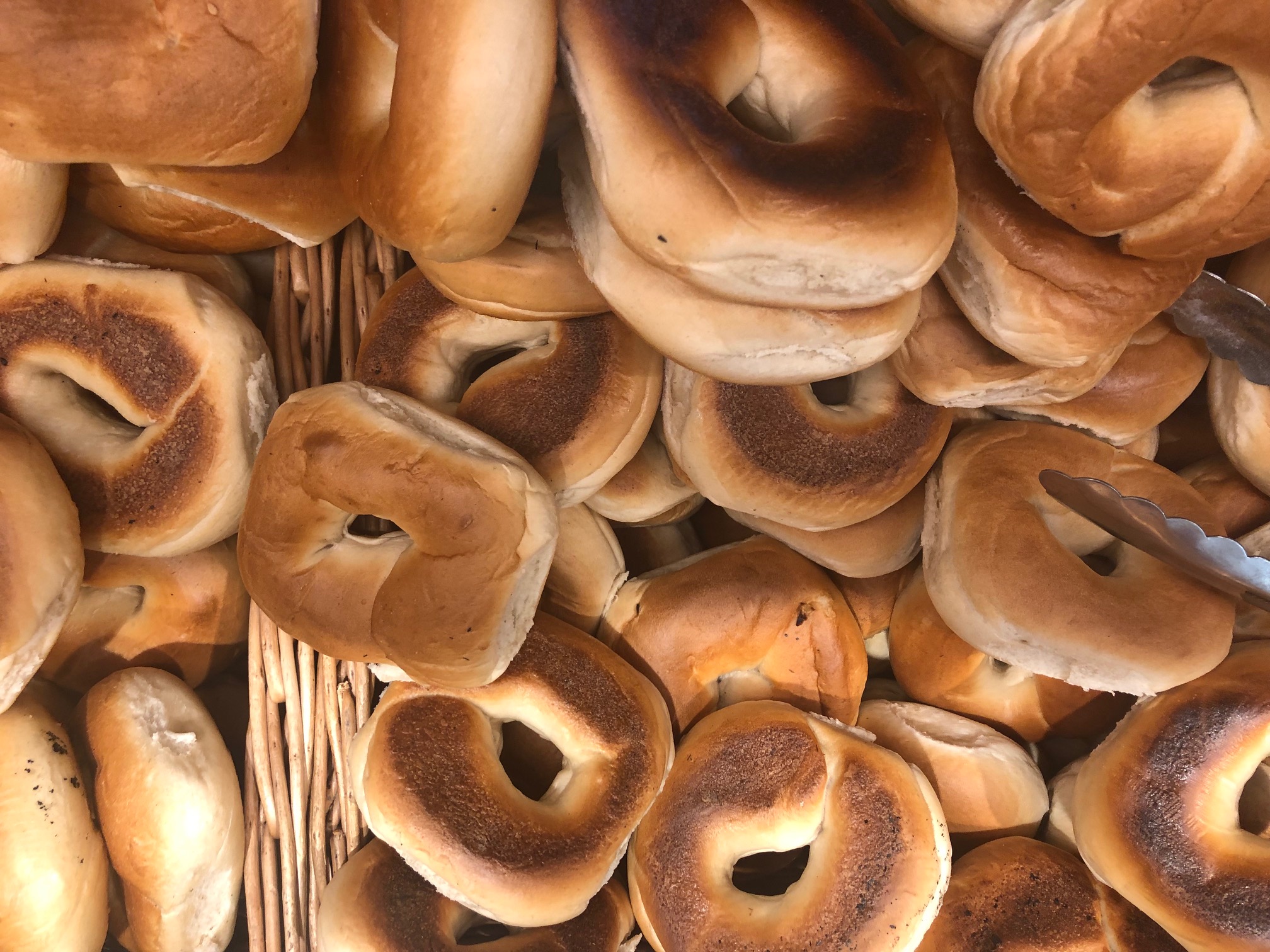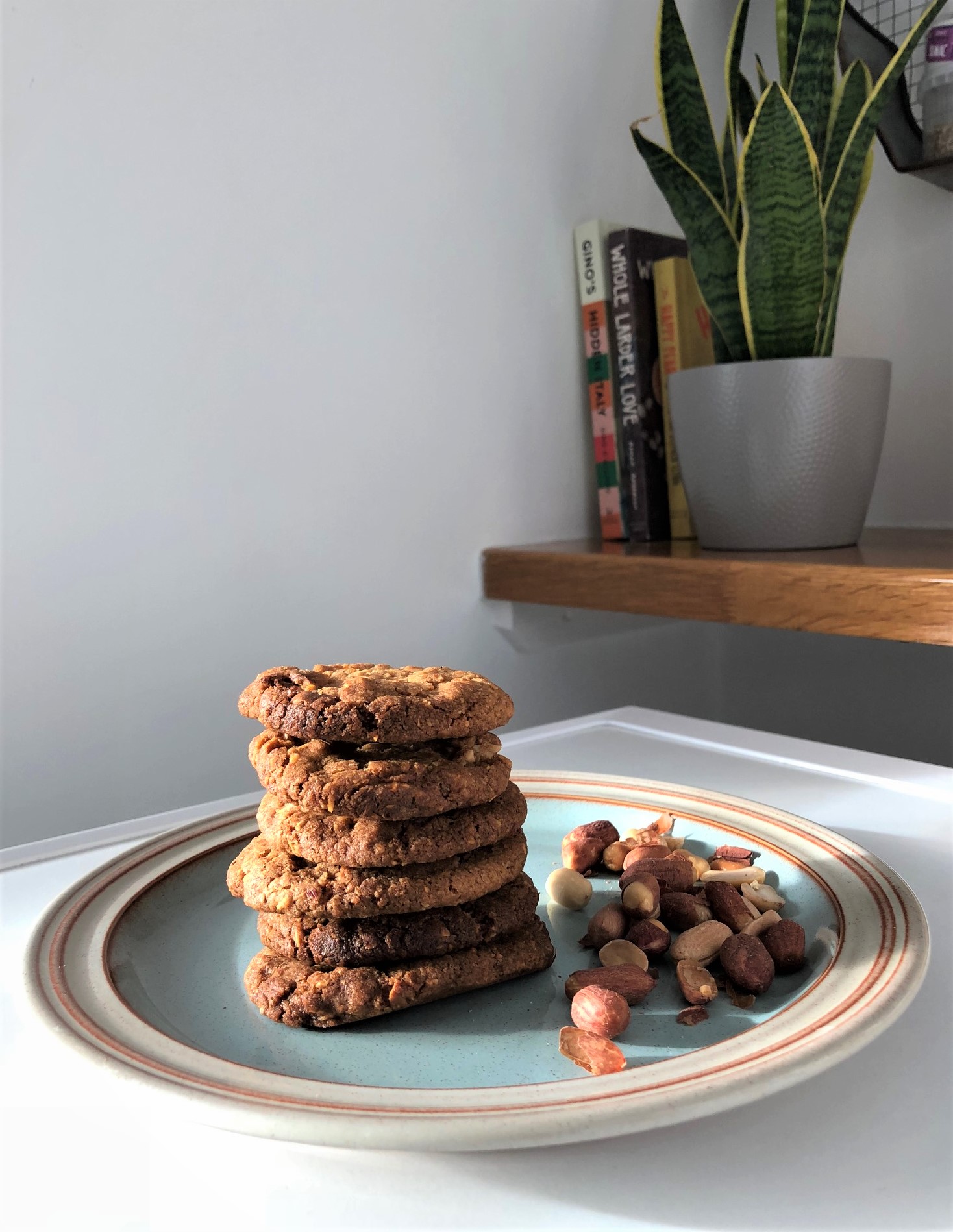
SUNDAY SHUTDOWN #7 Kale⠀
To begin with I’m going to get my biases towards kale out in the open. I just don’t like it. Therefore I pretty much never eat it. Cooked, raw, blended, whole or as a “crisp” it’s not for me. There that’s done.
But this week it was brought to my attention that people are suggesting eating raw kale is “bad” for you and you should steam or boil it before eating it ?♀️⠀
So firstly, how much kale do you actually consume in a day? I’m tipping a handful or two. And not everyday. Of course, please correct me if I’m wrong.
The time, stress and washing up it will take for you to steam it before you eat it or add it to your smoothie is likely to cause you more frustration that just eating it as is.
So where has this come from? Kale hails from the brassica family, like cabbage, and contains fibre, the stuff that bulks out your ?. We can’t digest fibre in the usual way but the bacteria in our gut ferment it and that’s how we get energy from it. It also releases ?
The outlandish claims around bloating relate to the fact you’d need to consume an extreme amount of kale (like kilograms of the stuff) on a daily basis which we simply don’t do.
Oh, and another thing, it won’t suppress your thyroid and mineral absorption won’t be enhanced if you cook it. If anything, having kale or spinach with something rich in vitamin C like lemon, lime or peppers will do you better. That’s been shown to enhance iron absorption.
The chances are there are far more dietary improvements you can make than cooking your kale before eating it. Simply eating more veg in the first place is a good place to start.
So, unless you have a specific gut issue then kale is fine just how it is, cook it if you prefer it that way, blend it if you want. Just don’t get hung up on the minute details.











Recent Comments